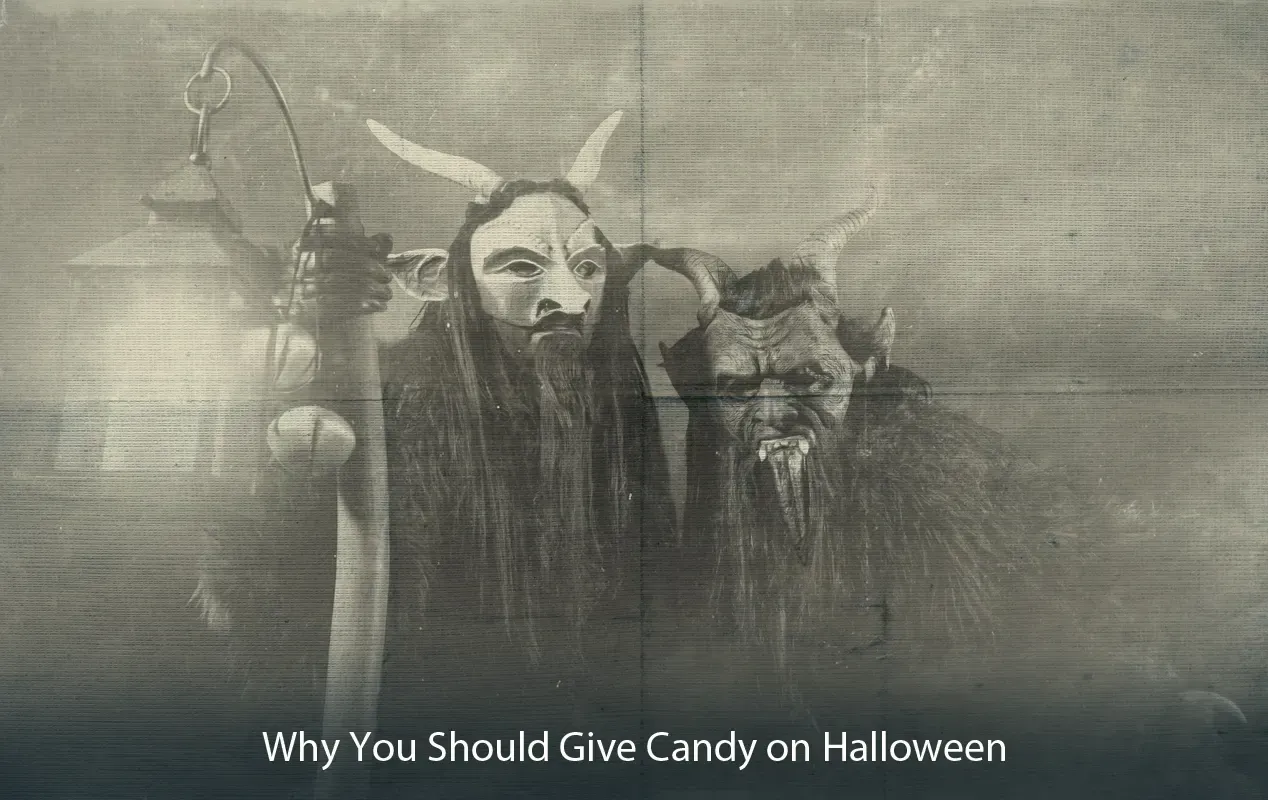Why I'll Never Forgive Anyone Again
by Jordan Canon, Spiritual Advisor
Forgiveness is seen as a virtue and an act of mercy. It involves letting go of resentment, anger, or a desire for revenge towards someone who has wronged you, but the Universe says forgiveness doesn't exist.

Good Day Lightworkers!
Forgiveness is seen as a virtue and an act of mercy. It involves letting go of resentment, anger, or a desire for revenge towards someone who has wronged you. I will define the difference between religious and spiritual below, but let's focus on the wisdom of multiple religious teachings:
- In Christianity, forgiveness is a central theme, taught as an essential commandment by Jesus. It is believed that individuals can reconcile with God and others through forgiveness. The concept of forgiveness is rooted in God's forgiveness of humanity's sins and the ability of humans to extend that same forgiveness to others.
- In Islam, forgiveness is highly regarded as a quality of God and a virtue for humans to cultivate. Muslims are encouraged to forgive others and seek forgiveness from Allah. It is seen as a way to purify the heart, maintain good relationships, and attain peace with oneself and others.
- In Buddhism, forgiveness is closely connected to the principles of compassion and non-attachment. It is seen as a means of freeing oneself from negative emotions and cultivating inner peace. Buddhism emphasizes forgiving oneself and others as a way to break the cycle of suffering and foster spiritual growth.
The Difference Between Religious and Spiritual
Religion generally refers to organized systems of beliefs, practices, and rituals centered around worshiping a higher power or multiple deities. It often includes specific doctrines or dogmas, rituals, ceremonies, and religious institutions that help guide and regulate the religious community.
On the other hand, spirituality focuses on an individual's personal, inner experience and connection with something greater than oneself. It is often associated with seeking meaning and purpose in life, developing a sense of self-awareness, cultivating inner peace, and exploring the metaphysical or transcendent aspects of existence. Spirituality can exist outside the boundaries of organized religion, and individuals may follow their own unique spiritual paths.
Some people consider themselves both spiritual and religious, integrating their personal spiritual experiences within the framework of an established religion. Others may identify as spiritual but not religious, meaning they seek personal growth and connection with the divine but do not adhere to a specific religious tradition.
Ultimately, the difference between spirituality and religion can vary from person to person, and it depends on how individuals perceive and interpret these terms in their own lives.
In summary, forgiveness is taught to hold significance in many religions and spiritual practices. It is often considered a path toward healing, harmony, and spiritual growth, allowing individuals to let go of grudges and find peace within themselves and with others.
But the universe says there is no forgiveness.
I've been hearing this for years, if not decades, and just dismissed it as another thing that makes no sense to me. Like many things I have since come to learn, it makes perfect sense.
All of the varied definitions and wisdoms I've shared with you above focus on your reaction to an event defined as "being wronged." The wisdom of turning the other cheek is a reaction to being metaphorically "slapped," although the actual action invokes harm or insult.
If we practice forgiveness, we are practicing judgment as it pertains to putting us first. A higher level of spiritual evolution is to recognize and adhere to the spiritual law that we can only evolve our own souls, and that judgment is the 11th temptation. Forgiveness is the perfect example of allowing temptation to keep you from harnessing the energy of the light. Anger is thought to be the most powerful temptation because it is the only one that can kill.
Unconditional love is a spiritual evolution goal we are unlikely to ever achieve. It is a goal we are to always work at betting better executing. Never feeling the need to forgive is that same kind of evolutionary goal.
If we don't harness the energy of anger, revenge, or justice when we are trespassed upon, and instead, we harness the virtues of patience, humility, and charity and allow our reactions not to require us to forgive but to be the example of how we all hope to evolve.
Love and light,
Jordan Canon
Comments









